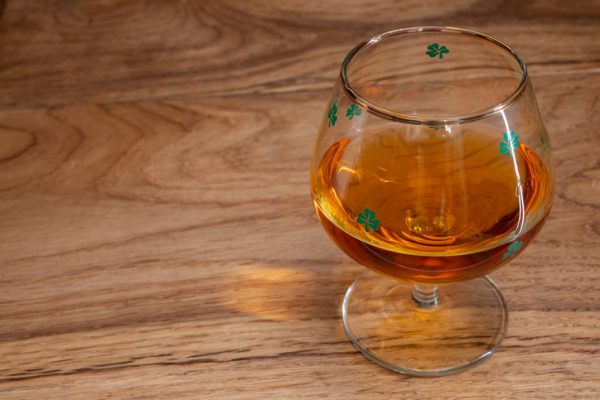
St. Patrick's Day is a yearly tradition for many Texas residents. It's also one of the most popular holidays for drinking. Texas law enforcement officers know this and may become increasingly active in their efforts to catch DWI offenders.
The St. Patrick's Day festivities will commence on Friday, March 13th and continue through the 18th. Several cities are hosting parades and festivals this year. Police officers will be stationed in areas where drunk drivers are most likely to travel. In addition, they will likely increase the number of officers on patrol.
Drunk driving suspicion heightened during St. Patrick's Day
Like all other holidays, police suspicion of drunk driving is often heightened during St. Patrick's Day. Even the smallest traffic infraction could trigger a traffic stop. If police suspect that you've been drinking, they will likely probe you for more evidence. Here's what to expect:
- Police will ask questions: The officer who makes a traffic stop will ask for your license and registration. He or she may likely ask where you are going, where you're coming from, and if you had anything to drink. You must provide your license and registration, but you are not required to answer any questions. Doing so could increase the chances of the officer administering a field sobriety or breath test, which can lead to an arrest, even if you are sober.
- You may be asked to step out of your car: If the police officer asks you to step out of your car, you may be asked to perform a field sobriety test. It's best to remain calm and don't argue with the officer when this happens. If the police officer asks to search your car, you may decline.
- Field sobriety test: Police administer field sobriety tests as a preliminary test to determine driver impairment. However, this type of test is flawed since many people have a difficult time performing it. A field sobriety test usually involves:
- Horizontal gaze nystagmus: Police will ask you to follow an object visually and look for jerking of your eyes.
- Walk-and-turn: Police will ask you to walk heel-to-toe in a straight line and then turn and walk back. Police do this to evaluate your balance and physical coordination.
- One-leg stand: Police will ask you to lift one foot six inches off the ground and count until told to put your foot down. Police do this to evaluate balance.
- Breath test: Police may ask you to blow into a breathalyzer to determine your blood alcohol concentration (BAC) level. These devices may not always be accurate, however. Even if you're completely sober, the use of mouthwash could yield a high BAC reading.
Why hire a criminal defense attorney after your DWI arrest?
A first-time DWI charge in Texas can carry harsh legal consequences, including:
- Up to six months in jail
- A fine of $2,000
- License suspension from 90 days to one year
- An additional state traffic fine of $3,000-$6,000
- Possibly probation
If your St. Patrick's Day celebration ends in a DWI arrest, it's critical that you seek legal advocacy as soon as possible. A Texas attorney at Amanda Webb - DWI Lawyer can help you devise a legal strategy to fight the charges. Contact us online to find out how.
